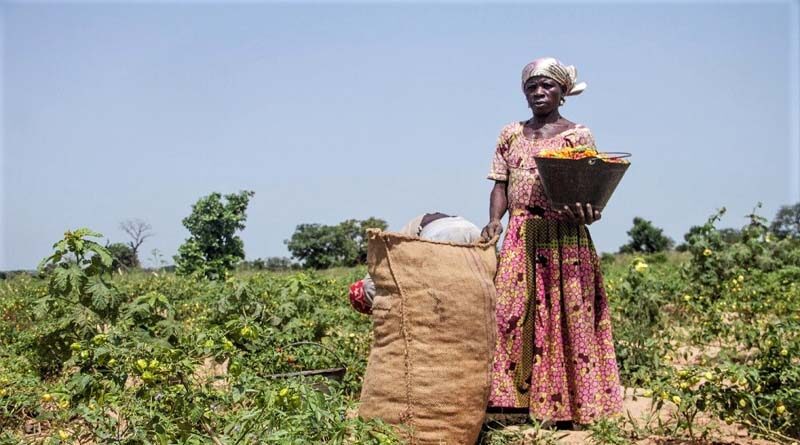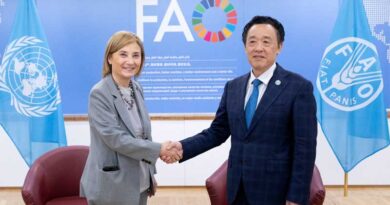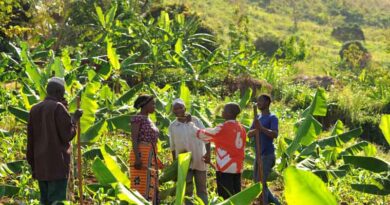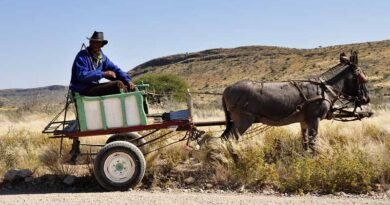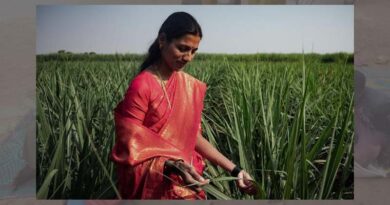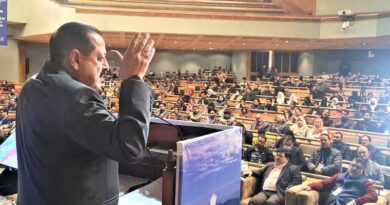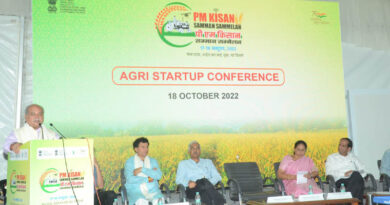USD $106bn finance gap in sub-Saharan Africa and Southeast Asia agricultural business
06 April 2022, Africa: The report estimates demand for financing, from around 220,000 agri-business SMEs in sub Saharan Africa and Southeast Asia at USD $160bn with banks, impact investors and other financial intermediaries providing only USD $54bn. Furthermore, almost all climate funding is targeted at mitigation measures, rather than supporting ways to for agriculture to adapt to the climate crisis with less than 2% of global climate finance – or USD $10bn – being channelled to small-scale agriculture.
The market is characterized by a small group of high-potential SMEs at the top served by private equity, a much larger set of relatively mature companies in the middle financed by banks and a bottom of the market of lower performing companies that are reached by highly concessional finance providers, if at all. Most of the market is for sub-commercial capital and even in the longer term most agri-SMEs will never be in a position to access fully commercial capital.
The state of the argic-SME sector report from CASA also declares that accepted challenges include high costs to serve agri-SMEs, high perceptions of risk in agricultural markets and low levels of investment readiness amongst potential borrowers and the high costs for borrowers to service these loans.
CASA’s research and communication programme is delivered by a team led by Alvaro Valverde, Private Sector Engagement Officer for CABI. Alvaro said, “The report brings a new level of granularity to the market for agri-SME finance in sub-Saharan Africa and Southeast Asia, highlighting the USD 106 billion annual financing gap.”
The report adds that even if funds were made available to build resilient supply chains and support climate adaptation, the infrastructure is not currently available to channel the finance to where it is needed.
To address this issue, four change priority areas are outlined in the report. These are the need to:
• Support both the enabling environment for loans and providing support for agri-SMEs to make them investment-ready
• Support local banks over time to profitably serve smaller, less commercial agri-SMEs with long-term, subsidised capital
• Make better use of impact investment from public and philanthropic sources
• Create suitable investment infrastructure to deliver climate funds at scale
Alvaro concluded, “What’s needed is a more coordinated approach to ensure that whatever sub-commercial finance is available is applied to the best candidates among agri-SMEs. CASA stands ready to work with our partners and other interested parties to help make better use of subsidies, mobilize existing local financial institutions, and increase the availability of climate finance for the investment pipeline.”

